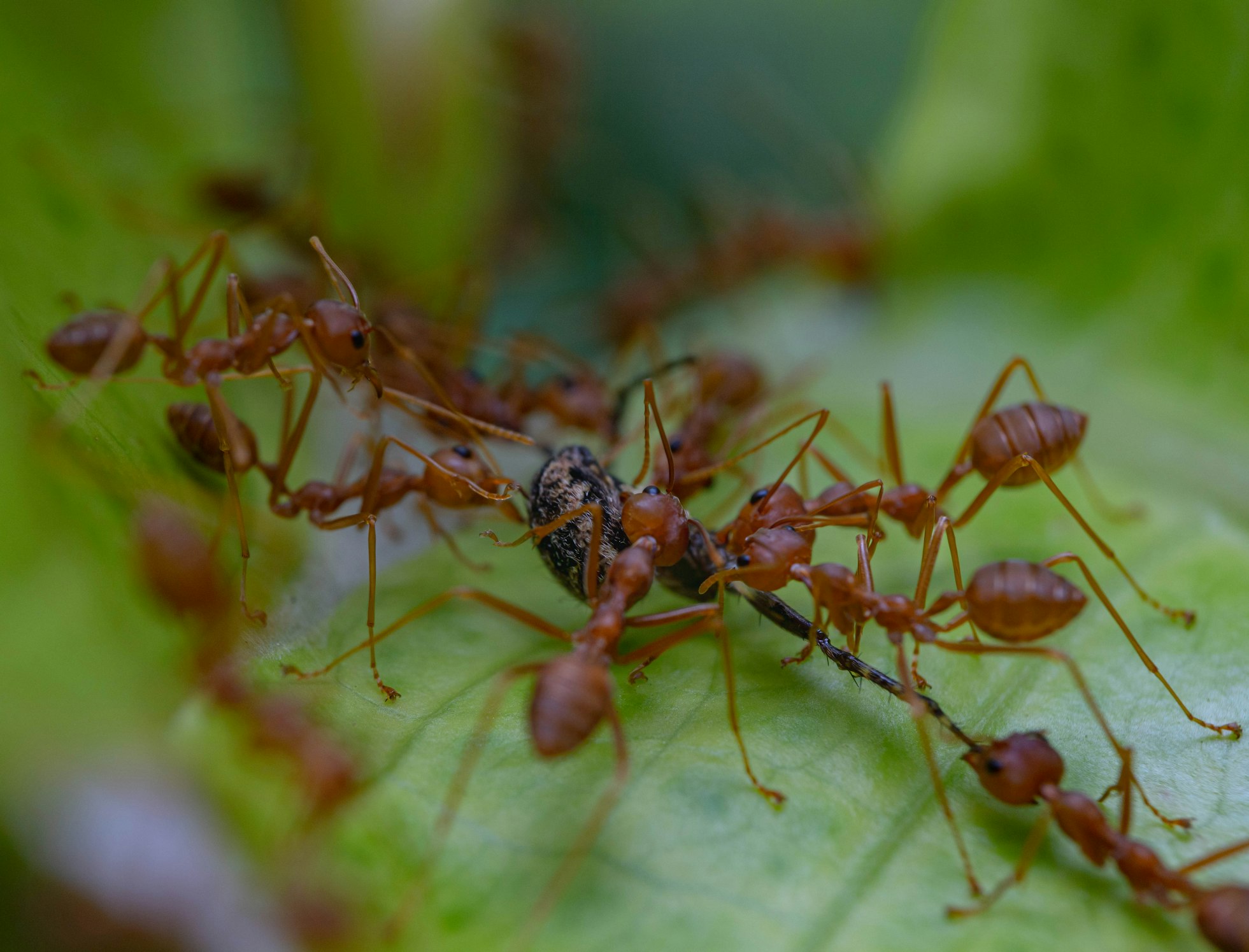UN: Invasive Species a Threat to Biodiversity, Economy
The UN Intergovernmental Science-Policy Platform on Biodiversity and Ecosystem Services (IPBES) on Monday revealed that 37K alien species have been released by humans into the wild worldwide – with more than 3.5K of those proving to be harmful....

Facts
- The UN Intergovernmental Science-Policy Platform on Biodiversity and Ecosystem Services (IPBES) on Monday revealed that 37K alien species have been released by humans into the wild worldwide – with more than 3.5K of those proving to be harmful.1
- The report — the group's first since 2019 — blames these invasive species for spreading diseases and putting food supplies and livelihoods at risk.1
- The group of 86 researchers from 49 countries also determined that these species cost the global economy $423B each year and are at least partly responsible for 60% of all plant and animal extinctions.2
- According to the report, 34% of the impact of these species was felt in the Americas, while Europe and Central Asia felt 31% of the impacts, 25% occurred in Asia and the Pacific, and 7% happened in Africa.3
- Approximately 75% of the impacts were found on land, as opposed to 10% in marine settings and 14% in freshwater.3
- According to the report, the costs of these species' invasions have quadrupled every decade since the '70s and the world has failed to meet a target set in 2010 to reduce these invasions. Meanwhile, nearly every country in December 2022 signed an agreement to cut the number of introductions of invasive species in half.4
Sources: 1Al Jazeera, 2Reuters, 3Upi and 4New York Times.
Narratives
- Narrative A, as provided by Euronews. Human activity and climate change are contributing to the increase of invasive species and the world must take responsibility. It’s imperative that countries take this threat seriously and do what they can to prevent the spread, especially in cases where species are sometimes introduced on purpose without consideration of the risks.
- Narrative B, as provided by South china morning post. Every country must do what it can to mitigate this problem, but large volumes of trade between Europe and North America has caused those areas to be responsible for an inordinate amount of these introductions and displacements, so they should assume much of the responsibility for slowing the spread of these species.
- Narrative C, as provided by Scientific American. While the findings of this report must be taken seriously, they must also be taken cautiously. 'Invasive' is often used as a blanket term to refer to 'bad' species, while 'native' is ascribed to 'good' ones. This creates a rigid dichotomy that doesn't consider how each invader individually impacts the ecosystem, with some undoubtedly wreaking havoc but others having little — or sometimes even positive — impacts.






